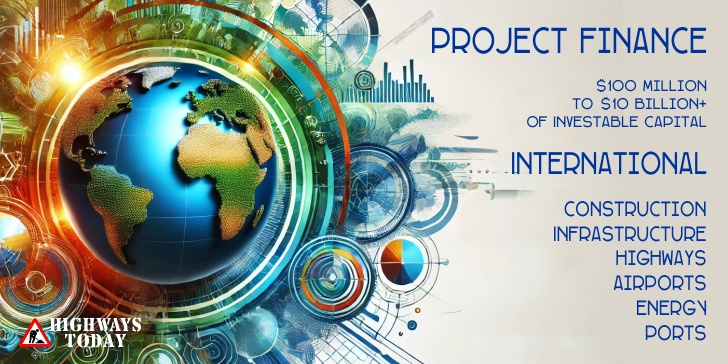FinTech Propelling India’s Digital Economy into the Fast Lane
India’s digital economy has witnessed a seismic shift over the past decade, and much of this transformation can be attributed to the meteoric rise of FinTech.
From bridging long-standing gaps in financial inclusion to fostering innovation and growth, FinTech is reshaping the contours of India’s economic landscape. A pivotal study, published in the Transnational Corporations Review by researchers at Maulana Azad National Institute of Technology, Bhopal, has shed light on FinTech’s profound impact.
By dissecting 12 years of state-level data, the study offers an intricate look at how financial technology is steering India toward an era of unprecedented economic dynamism.
The Roots of a Revolution
FinTech’s genesis can be traced back to the 2008 global financial crisis, an event that catalysed innovation across the finance sector. India, grappling with a complex mix of challenges—inefficient financial systems, widespread information asymmetry, and underdeveloped infrastructure—embraced FinTech as a beacon of change. The promise was clear: a streamlined, transparent financial system capable of supporting a burgeoning digital economy.
Fast forward to today, and FinTech’s role in India’s growth story is undeniable. By addressing inefficiencies in resource allocation and creating bridges between banks and businesses, FinTech has become more than a tool—it’s a lifeline for economic transformation.
FinTech as a Catalyst
The study from Maulana Azad National Institute of Technology dives deep into FinTech’s dual impact. Using the CRITIC method to analyse state-specific metrics, the researchers uncovered how FinTech revolutionises financial markets by reducing transaction costs, enhancing risk management, and narrowing the information gap between financial institutions and their stakeholders.
One of the standout findings was the disparity in FinTech’s impact across states. In regions with robust regulatory frameworks, the benefits are magnified. Financial systems in these states are more efficient, risk management is more effective, and the adoption of technology is accelerated. This regional focus underscores the importance of tailored approaches to policy and infrastructure development.
A Boost for Tech-Driven Investments
Another critical insight is how FinTech emboldens financial institutions, particularly banks, to invest in high-risk, tech-centric ventures. This shift is pivotal in driving digital industrialisation. By centralising financial oversight, FinTech enables governments to allocate resources strategically, crafting a cohesive digital ecosystem that fosters innovation and growth.
Dr. Nenavath Sreenu, the study’s lead researcher, summarised it succinctly: “Our findings underscore the pivotal role of FinTech in advancing India’s digital economy. By enhancing transparency and risk management, FinTech fosters an environment where financial and technological innovation can thrive. The data also show that, when combined with strong regulatory support, FinTech has the potential to lead India’s economy into a new era of digital-driven growth, particularly in states with more established financial infrastructures.”
Economic Resilience Through Innovation
The implications of this research extend far beyond the finance sector. FinTech’s ability to drive transparency, streamline operations, and enhance trust in financial systems is fostering a culture of resilience. More importantly, it’s paving the way for technological innovations that can ripple across industries, from healthcare to logistics.
To unlock FinTech’s full potential, strategic policy adjustments are paramount. Centralised financial systems, coupled with strong regulatory oversight, can serve as the bedrock for sustained growth. These frameworks must focus on inclusivity, ensuring that underserved populations are not left behind in the rush toward digitalisation.
Policymakers have an opportunity to create an environment where FinTech can thrive, not just in urban centres but also in rural areas where financial inclusion remains a pressing challenge. By integrating FinTech solutions into state and national development frameworks, India can accelerate its journey toward becoming a global leader in digital economic transformation.
While the progress is commendable, the road ahead is not without its challenges. Ensuring data privacy, mitigating cybersecurity risks, and fostering interoperability among FinTech platforms are just a few hurdles that need attention. However, with the right mix of innovation, regulation, and public-private partnerships, these challenges can be navigated effectively.
A Promising Future for India’s Digital Economy
India’s FinTech revolution is more than just a technological advancement—it’s a testament to the nation’s resilience and capacity for innovation. By addressing inefficiencies and fostering collaboration, FinTech is laying the groundwork for a more inclusive and dynamic economy.
As this transformative journey continues, one thing is clear: the synergy between financial technology and policy innovation holds the key to India’s digital future. With the right investments and a forward-thinking approach, FinTech can propel India to the forefront of global digital economies, setting a benchmark for others to follow.






























